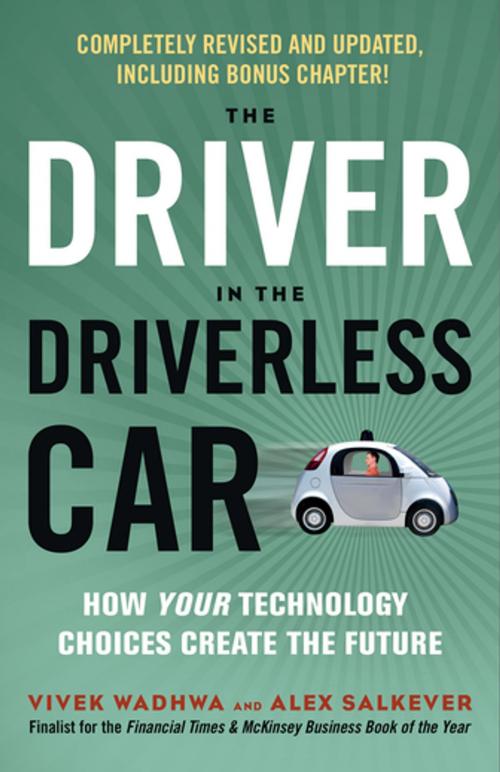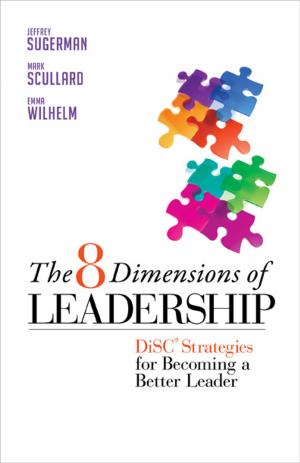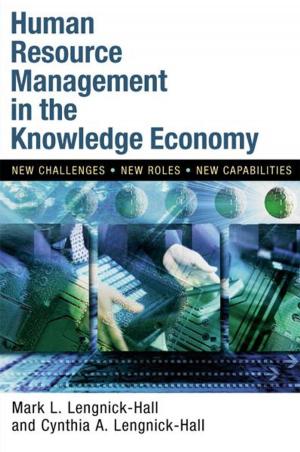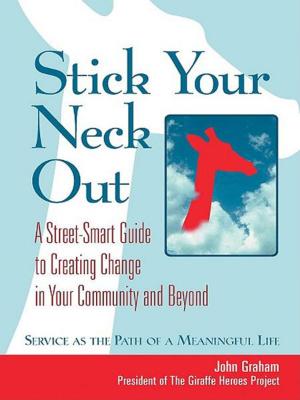The Driver in the Driverless Car
How Your Technology Choices Create the Future
Business & Finance, Economics, Planning & Forecasting, Nonfiction, Science & Nature, Technology, Social Aspects, Industries & Professions, Industries| Author: | Vivek Wadhwa, Alex Salkever | ISBN: | 9781523085552 |
| Publisher: | Berrett-Koehler Publishers | Publication: | June 4, 2019 |
| Imprint: | Berrett-Koehler Publishers | Language: | English |
| Author: | Vivek Wadhwa, Alex Salkever |
| ISBN: | 9781523085552 |
| Publisher: | Berrett-Koehler Publishers |
| Publication: | June 4, 2019 |
| Imprint: | Berrett-Koehler Publishers |
| Language: | English |
Tech experts Vivek Wadhwa and Alex Salkever describe dozens of astonishing technological advances in this fascinating and thought-provoking book, which asks what kind of future lies ahead—Star Trek or Mad Max?
Breakthroughs such as personalized genomics, drones, self-driving vehicles, and artificial intelligence could make our lives healthier, safer, and easier. On the other hand, the same technologies raise the specter of a frightening future—eugenics, a jobless economy, a complete loss of privacy, and ever-worsening economic inequality.
Wadhwa says that we need to ask three questions about every emerging technology: Does it have the potential to benefit everyone equally? What are the risks and the rewards? And does it promote autonomy or dependence? This edition is updated throughout and includes a new chapter on quantum computing, which promises vastly increased processing times—and vastly increased security risks. In the end, our future is up to us; our hands may not be on the wheel, but we will decide the driverless car's destination.
Tech experts Vivek Wadhwa and Alex Salkever describe dozens of astonishing technological advances in this fascinating and thought-provoking book, which asks what kind of future lies ahead—Star Trek or Mad Max?
Breakthroughs such as personalized genomics, drones, self-driving vehicles, and artificial intelligence could make our lives healthier, safer, and easier. On the other hand, the same technologies raise the specter of a frightening future—eugenics, a jobless economy, a complete loss of privacy, and ever-worsening economic inequality.
Wadhwa says that we need to ask three questions about every emerging technology: Does it have the potential to benefit everyone equally? What are the risks and the rewards? And does it promote autonomy or dependence? This edition is updated throughout and includes a new chapter on quantum computing, which promises vastly increased processing times—and vastly increased security risks. In the end, our future is up to us; our hands may not be on the wheel, but we will decide the driverless car's destination.















